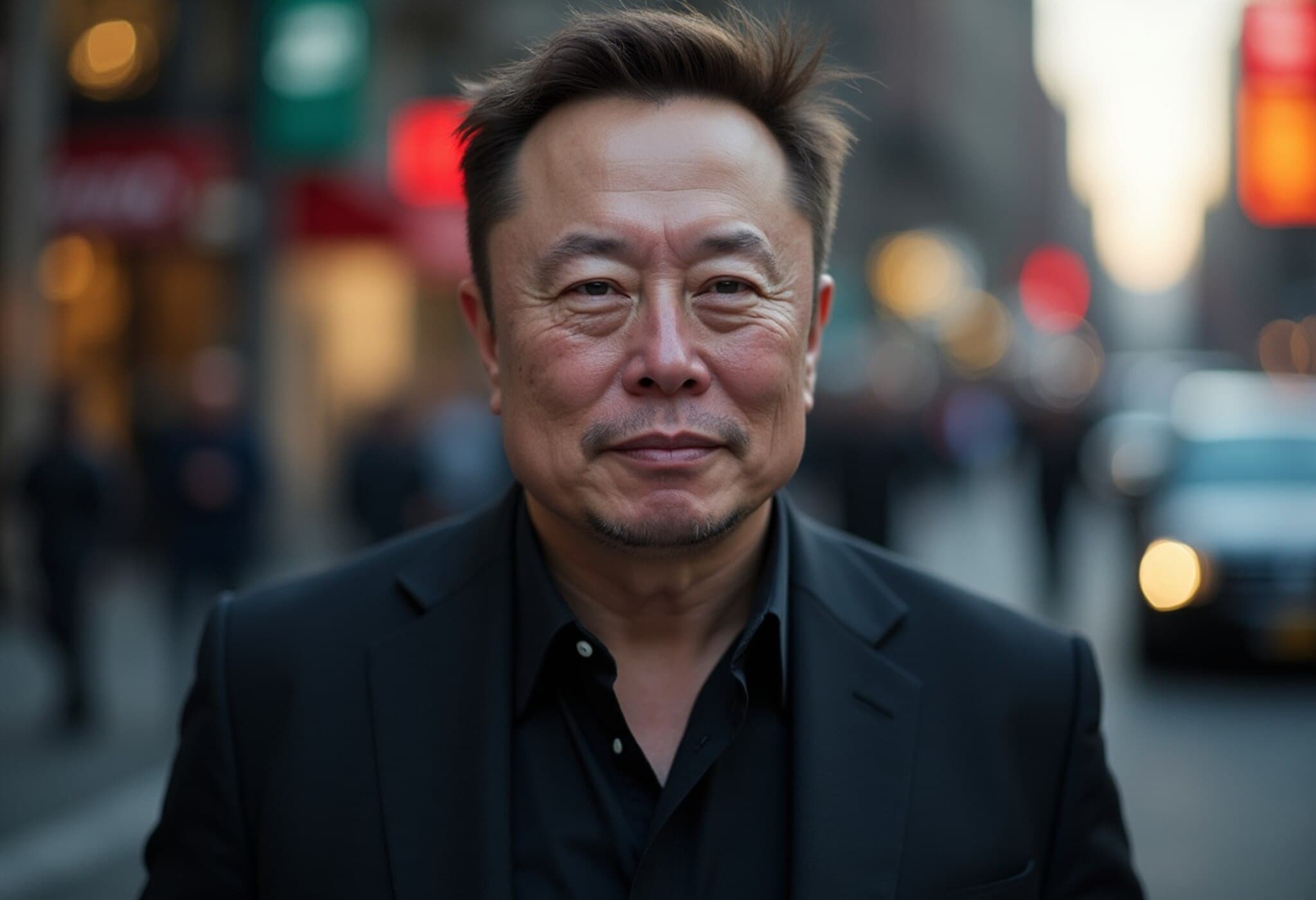How a Top Recruiter Spotted Red Flags in a Serial Moonlighter’s Resume
Two years ago, a Silicon Valley recruiter encountered a job application from a young Mumbai-based software engineer that immediately caught his attention. The candidate's resume boasted experience at multiple AI startups, including notable names like Synthesia and Bodo.ai, painting the picture of a promising talent in the competitive world of tech.
Russell Pompea, hiring manager at AI video startup Topaz Labs, recalls how even his CEO remarked on the candidate's impressive qualifications. This encouraged Pompea to move forward with a phone interview, optimistic he might uncover a valuable new hire.
Initial Impressions and the First Signs of Trouble
During the June 2023 interview, Pompea noted that the candidate, Soham Parekh, communicated effectively—a rare trait among many software engineers he’s interviewed. However, as the conversation progressed, subtle warning signs began to emerge.
Pompea explains, “His resume looked fantastic, especially for someone relatively junior, but his ability to discuss the actual details of his projects was lacking.” When asked about his work at Synthesia, Parekh’s answers were vague, unlike most candidates who typically have a thorough grasp of their contributions.
Further digging uncovered overlapping employment dates at Synthesia and Bodo.ai—explained by Parekh as a notice period overlap between two full-time roles, which Pompea flagged as a major red flag.
Questions About Career Moves and Work Arrangements
- Parekh’s reasons for leaving Synthesia were unclear; he mentioned feeling "pigeon-holed" at a rapidly growing company but avoided clarifying if he attempted transfers within the firm.
- Topaz Labs’ in-person work policy raised concerns as Parekh was based in New York and offered no concrete plans on relocating to Dallas, Texas.
These inconsistencies, combined with his inability to offer convincing explanations, led Pompea to decide against advancing him to the next interview stage.
Exposure of Serial Moonlighting and Industry Repercussions
Fast forward two years, and Parekh’s story caught the spotlight again when Suhail Doshi, founder of Playground AI, publicly accused him on X (formerly Twitter) of simultaneously holding multiple roles across Y Combinator startups, describing him as a "serial moonlighter." Several founders confirmed hiring Parekh and later terminating him following these revelations.
Parekh admitted publicly that juggling multiple jobs took a severe toll on his health and life, describing himself as a "serial non-sleeper" compelled by dire financial necessity. Despite the controversy, he claimed his motivation was never greed but rather survival, often accepting lower salaries with higher equity stakes.
Lessons for Recruiters and Startups
Pompea reflects on the broader implications for hiring in fast-paced AI startup environments:
- Rigorous vetting is critical: Parekh’s case underscores how valuable thorough screening processes are to flag inconsistencies early.
- Soft skills matter: Technical prowess alone isn’t enough—attitude, commitment, and communication ability often determine long-term fit and retention.
- Startup speed vs. due diligence: Startups racing to market under intense pressure sometimes prioritize rapid hiring over in-depth checks, increasing risk.
Recruiter’s Perspective: Empathy Amid Accountability
Despite the missteps, Pompea expresses empathy for Parekh’s difficult circumstances and potential. "He's a very smart kid," he says. "I hope he learns from this experience and rebuilds his career with integrity."
This narrative sheds light on the human side of Silicon Valley’s often ruthless gig culture, where talented individuals sometimes face impossible choices amid harsh economic pressures. It also raises pressing questions about workplace expectations, ethical employment, and mental health in tech’s relentless hustle culture.
Expert Insights: What This Means for American Tech Hiring
In the U.S., where startups frequently prioritize speed over meticulous hiring to maintain a competitive edge, cases like Parekh’s highlight the risks of overlooked background checks and soft skill assessment. Legal and HR experts warn that inadequate vetting can lead to increased turnover, costly rehiring, and reputational damage.
Moreover, it stresses the importance of fostering transparent work cultures that support mental well-being, especially as the tech industry faces scrutiny for promoting unsustainable work hours and fostering environments ripe for ethical lapses.
Conclusion
While Soham Parekh’s story is singular, it serves as a cautionary tale across the tech sector. It challenges startups and recruiters alike to balance urgency with diligence, compassion with accountability, and ambition with integrity.
Editor’s Note
The saga of Soham Parekh invites reflection on the unseen pressures facing talented young professionals in the global tech ecosystem. How can startups better support workers facing financial hardship without compromising integrity? What systemic reforms might protect both employers and employees from burnout and ethical lapses? Readers are encouraged to consider these critical questions as the technology sector evolves rapidly.



















